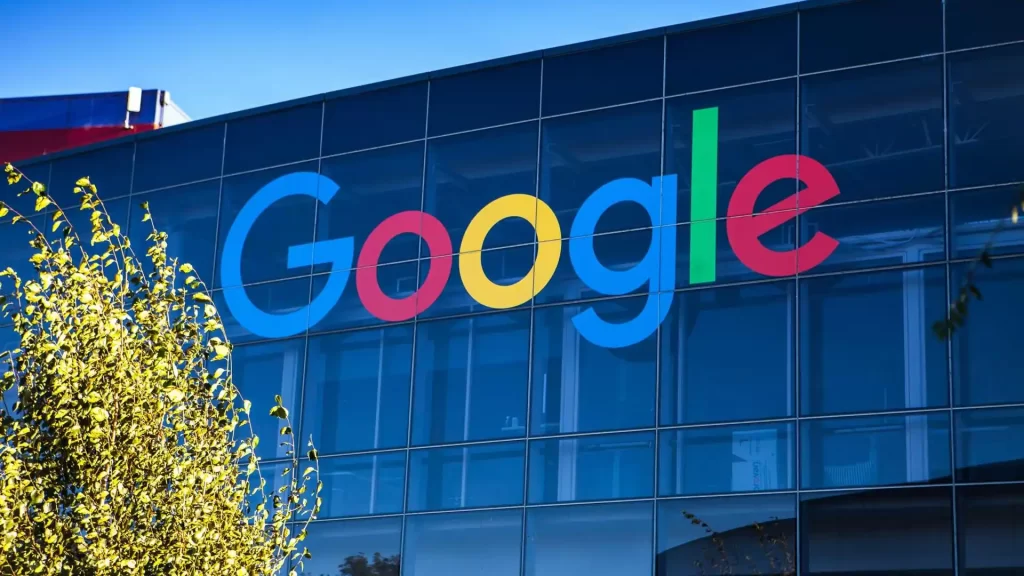Google Achieves Significant Legal Victory as €1.49 Billion Fine is Overturned
3 min read

In a notable legal development, Google has successfully challenged a €1.49 billion (£1.26 billion) fine imposed by the European Union for allegedly hindering rival online search advertisers. The EU’s second-highest court determined that the European Commission, which originally imposed the fine, had “committed errors in its assessment.”
The controversy stems from accusations that Google abused its market dominance by blocking third-party competitors from displaying search advertisements from 2006 to 2016. In its ruling, the General Court of the EU upheld many of the Commission’s findings but ultimately annulled the fine, indicating that the Commission did not adequately consider “all the relevant circumstances” related to the contract clauses in question and failed to properly define the market.
Following the ruling, the European Commission stated it would “reflect on possible next steps,” which could include an appeal to the EU’s highest court. Google welcomed the court’s decision, expressing satisfaction that the errors in the original ruling were acknowledged. “We are pleased that the court has recognized errors in the original decision and annulled the fine,” Google said in a statement, adding that it would closely review the full decision.
This victory marks a rare win for the tech giant, which has faced significant financial penalties in recent years. Between 2017 and 2019, Google was hit with fines totaling €8.2 billion over various antitrust violations. Notably, just last week, it attempted to overturn one of these penalties but was unsuccessful.
The challenges facing Google extend beyond Europe. Earlier this month, the UK’s Competition and Markets Authority (CMA) provisionally found that the company engaged in anti-competitive practices to dominate the advertising market. Additionally, the U.S. government is pursuing legal action against Google, alleging that its parent company, Alphabet, operates illegally as a monopoly in the advertising sector. In its defense, Alphabet argues that its market position is a result of the effectiveness and popularity of its products.
The case at the heart of this legal dispute involved Google’s AdSense product, which serves as a broker for online advertisements. The European Commission accused Google of leveraging its dominant position to prevent websites from using ad brokers other than AdSense when seeking to display advertisements. Furthermore, the Commission alleged that Google implemented additional “restrictive” clauses in its contracts to maintain its market control, which led to the hefty €1.49 billion fine.
In its ruling, the General Court agreed that while Google had dominant market power, the Commission had not conclusively established that the company engaged in abusive practices that warranted such a severe penalty. The court’s decision highlights the complexities involved in defining market behavior and competitive practices, particularly in the fast-evolving tech landscape.
As the dust settles from this ruling, it remains to be seen how the European Commission will respond and whether it will pursue an appeal. The outcome of this case may influence ongoing regulatory discussions around antitrust issues within the digital advertising sector, both in Europe and across the globe.
For Google, this legal win offers a temporary reprieve from the scrutiny it faces over its business practices. However, with ongoing investigations and legal challenges in multiple jurisdictions, the company’s advertising practices will likely remain under intense examination. As the market continues to evolve, tech giants like Google will need to navigate a landscape marked by increasing regulatory pressure and the need for transparency in their operations.